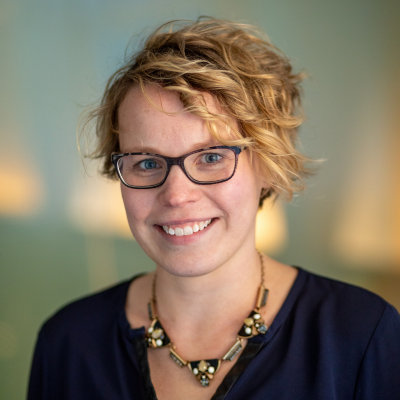Anna Kalbarczyk, DrPH is the founder and Director of the “Emerging Women Leaders in Global Health (EDGE)” Initiative, housed in the Johns Hopkins University Center for Global Health. EDGE maintains a global virtual network of 1700+ emerging women leaders and male allies who share resources, conduct research, and host convenings. She co-directs the Bloomberg School of Public Health’s Gender and Health Summer Institute where she also teaches a course on women’s leadership in global health. Dr. Kalbarczyk is co-PI of a recently launched study to assess the impact of women’s leadership in RMNCAH-N and immunization across sub-Saharan Africa. She is an implementation scientist by training and gender specialist.

